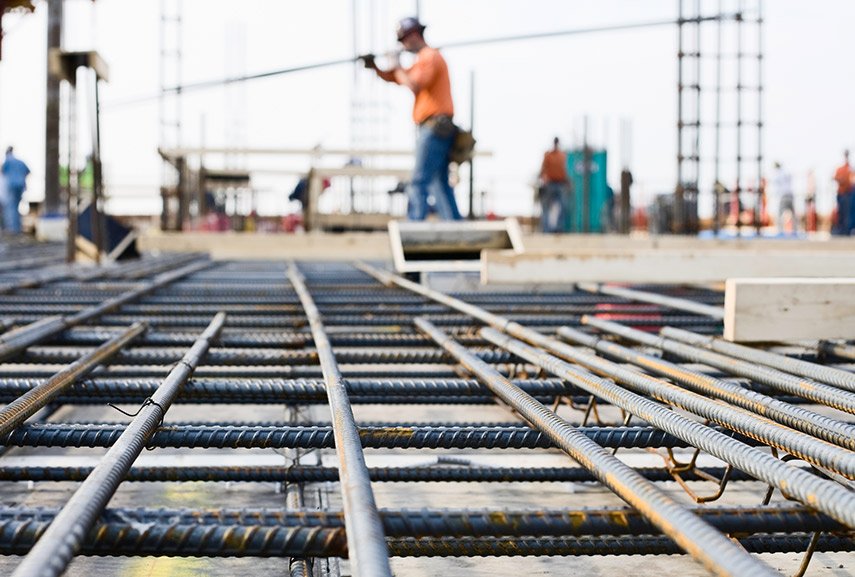LAST year bonds and equities didn’t do what they’re supposed to do (which is act differently in different economic conditions). It’s one of the reasons why I’ve recently re-evaluated the mix of investments in my portfolio.
Unless something drastically changes with my personal circumstances, I tend to limit looking closer at my investments to twice a year – as it stops me tinkering with them unnecessarily. I do this by logging in to my account and clicking on ‘Accounts holding report’ in my account summary page. Among other things, it shows me which assets I hold, where in the world I’m invested and details of my investments’ performance. It’s a really handy tool and worth checking out if you haven’t already.
What I found when I looked closer at my investments this time around, was that my 60% equities to 40% bonds split (with a smattering of gold thrown in for good measure) hadn’t been kind to me in 2022. And while it was quite unusual for both bonds and equities to perform in the same way, it shows that anything’s possible. It’s also why I’ve decided to add more alternative investments to my portfolio.
What are alternative investments?
Alternative investments are assets that don’t fall into traditional categories such as stocks, bonds, or cash. They include commodities like gold, wheat and oil and property and infrastructure. They’re often treated by investors with a little more caution as they’re more complex and therefore less frequently traded than public stocks and bonds. On the upside they provide access to additional sources of income.
The role of alternative investments in a portfolio
Alternative assets tend to have a different return profile to equities and bonds – particularly useful when equities and bonds don’t behave in the way that many an investor has grown to rely on. So, one of the reasons for holding alternative investments in a portfolio, is that they can help to limit losses when markets fall and provide some useful diversification.
Illiquid assets (which can take longer to sell) – such as infrastructure and property – can also help protect your portfolio from the effects of inflation. And while UK inflation is down to its lowest figure in six months, at 10.1% it’s still high. This is another reason why some investors, like me, hold a proportion of alternative investments.
What’s a good ratio of alternative investments to hold?
You need to consider what else you have in your portfolio and whether you already have enough diversification. When I looked at my accounts holding report I noticed my alternative investments sat at around 5%. I’ve now changed this so that I’m now roughly invested in 50% equities, 35% bonds and 15% weighted to property and gold. This feels about right to me as my investment horizon is still reasonably long. Of course, what’s right for you is something only you can decide.
The outlook for alternative investments
If you’re interested in learning more about what the outlook for 2023 is for property and commodities – such as gold, oil and wheat – you can watch these short videos from Investment Director Tom Stevenson. You can read more about them too if you download the latest Investment Outlook.
Alternative investments on the Select 50
If you’d like some alternative investment ideas, here are some options from the Select 50 – which is a list of our favourite funds, selected by experts. Please read all the important documents associated with the fund before investing to ensure you’re making a fully informed decision.
| Fund name | What it invests in |
|---|---|
| Balanced Commercial Property Trust | This investment trust invests primarily in ‘bricks-and-mortar’ commercial property in the UK with an average lease length of around five years. |
| First Sentier Global Listed Infrastructure | This fund invests globally in companies that own infrastructure assets, such as electric, gas and water utilities, toll roads, railways and airports. |
| International Public Partnerships Limited (INPP) | This investment trust invests in private infrastructure projects and companies, such as electric, gas and water utilities, renewable energy, hospitals and care facilities, toll roads, railways and digital cabling. |
| iShare Environment & Low Crbn Tlt Rl Est Indx | This is an index-tracking fund that invests in property companies listed globally. |
| iShares Physical Gold ETC (SGLN) | This fund aims to provide investment exposure to physical gold – and the gold it owns has been responsibly sourced. |
| Ninety One Diversified Income | This fund invests in a range of asset classes, combining investments in equities, bonds and other income-generating assets, like property. |
| Ninety One Global Gold | This fund invests predominantly in gold-mining companies listed around the world. It invests in companies that mine and sell gold and, although there is an expectation that their fortunes are strongly tied to the gold price, they do not always track it. |

